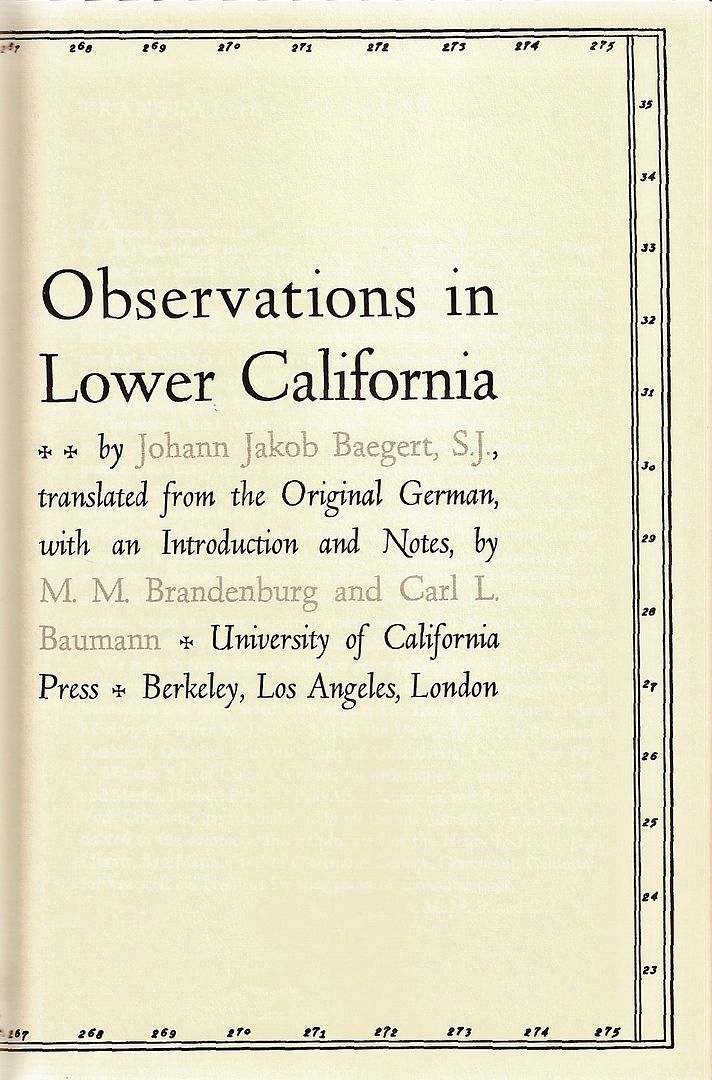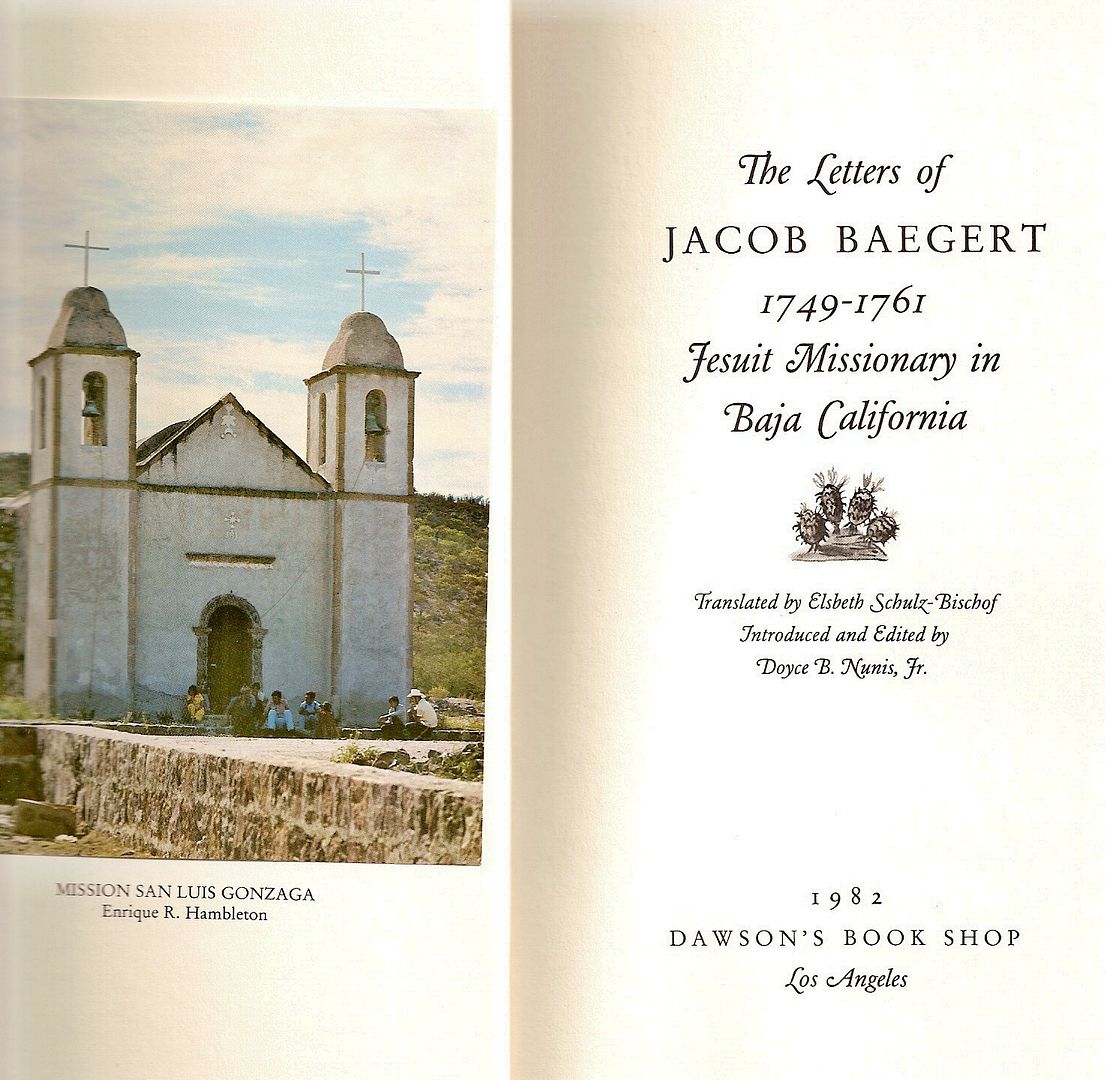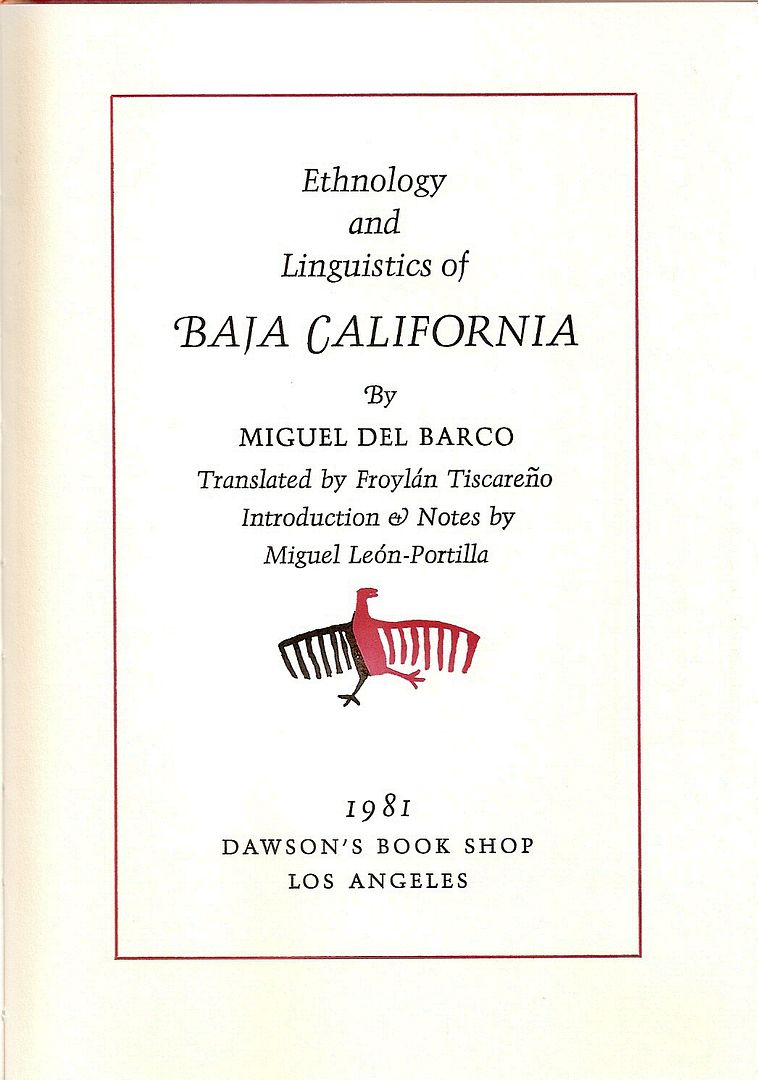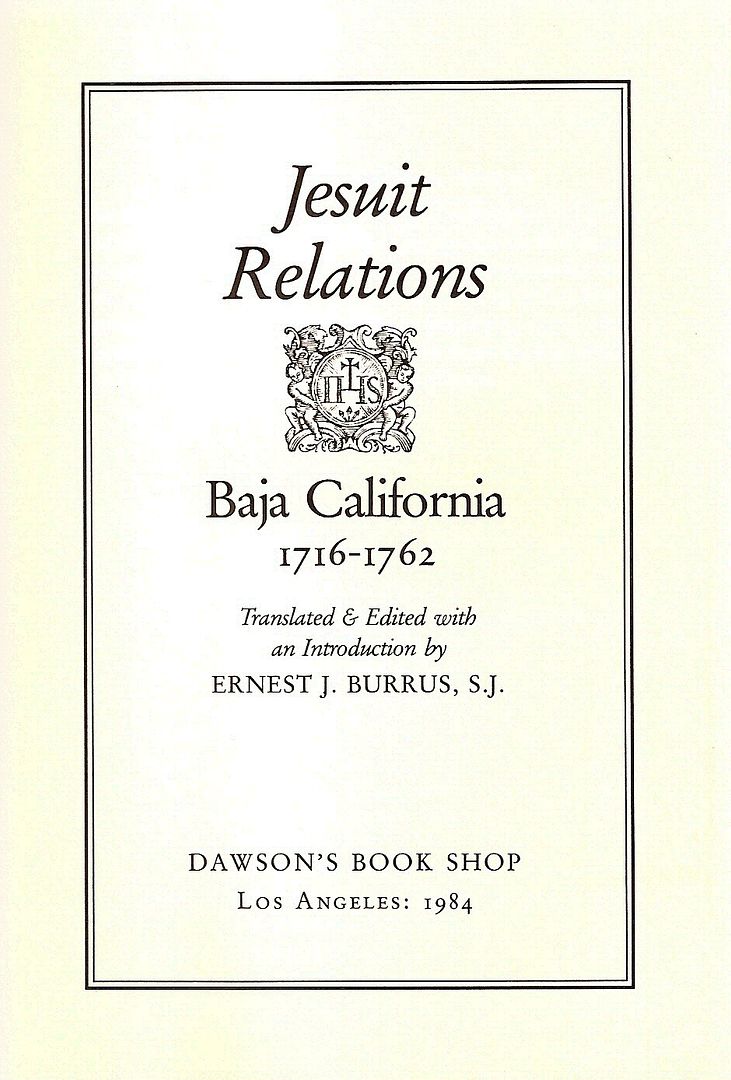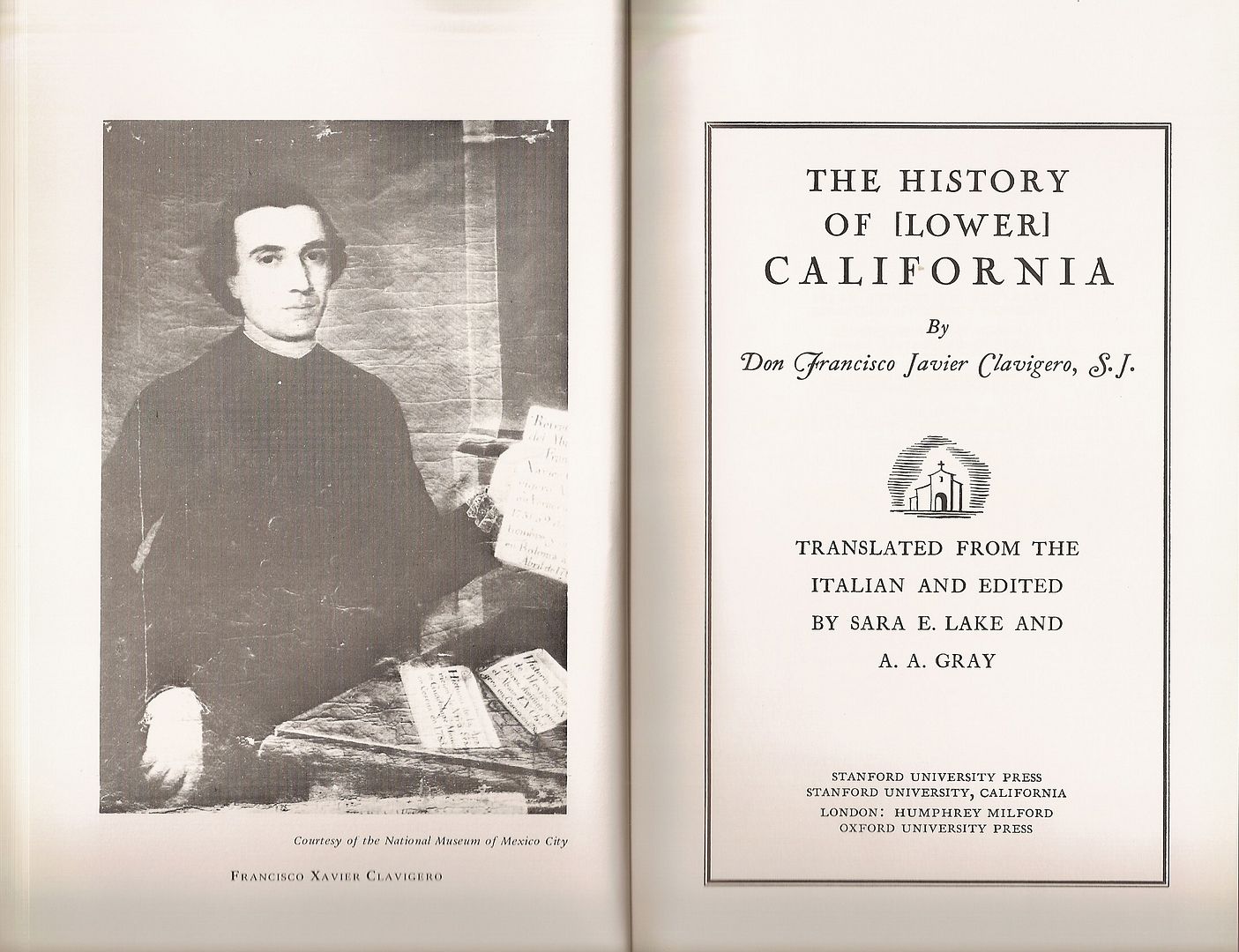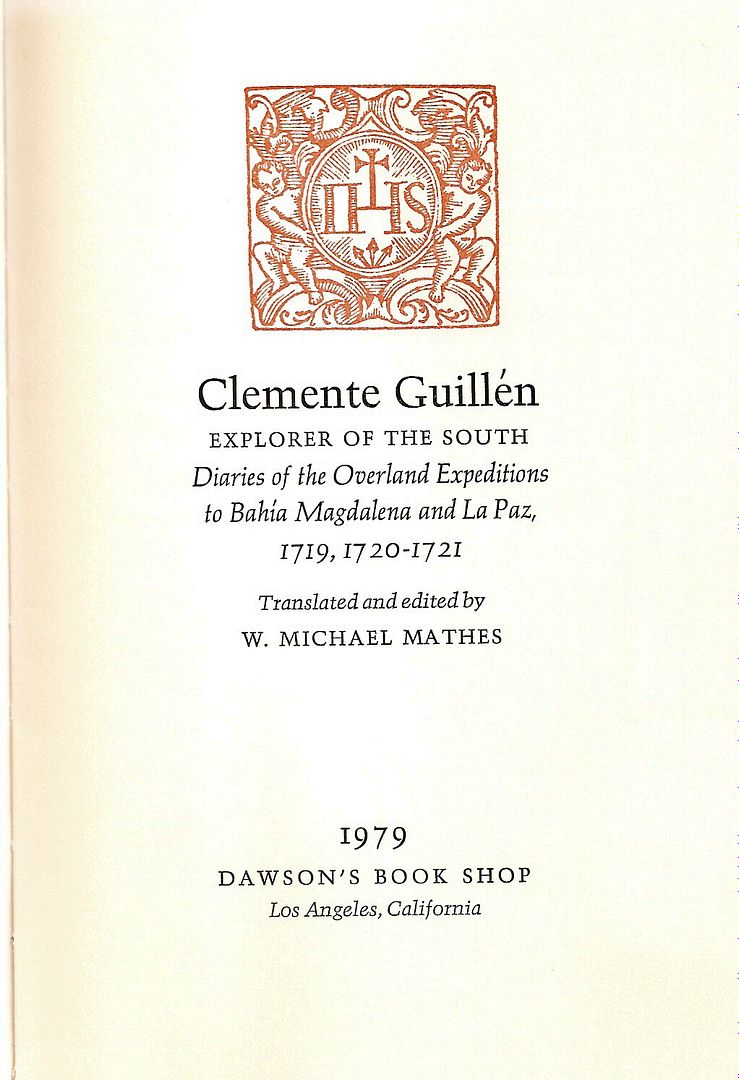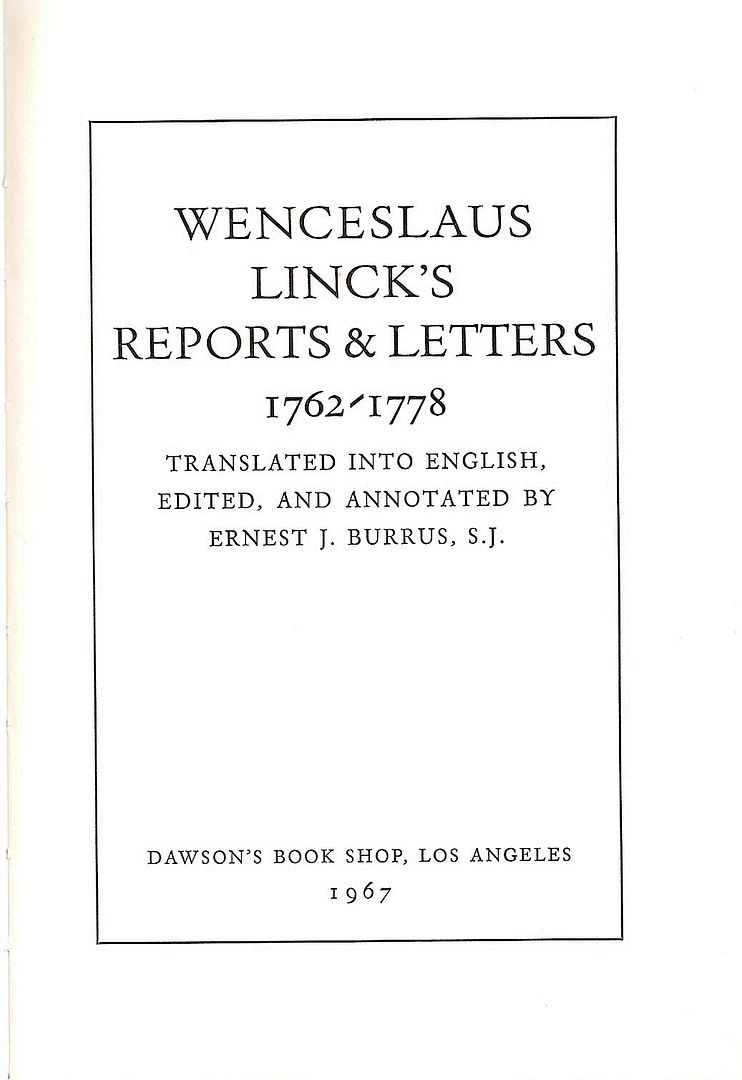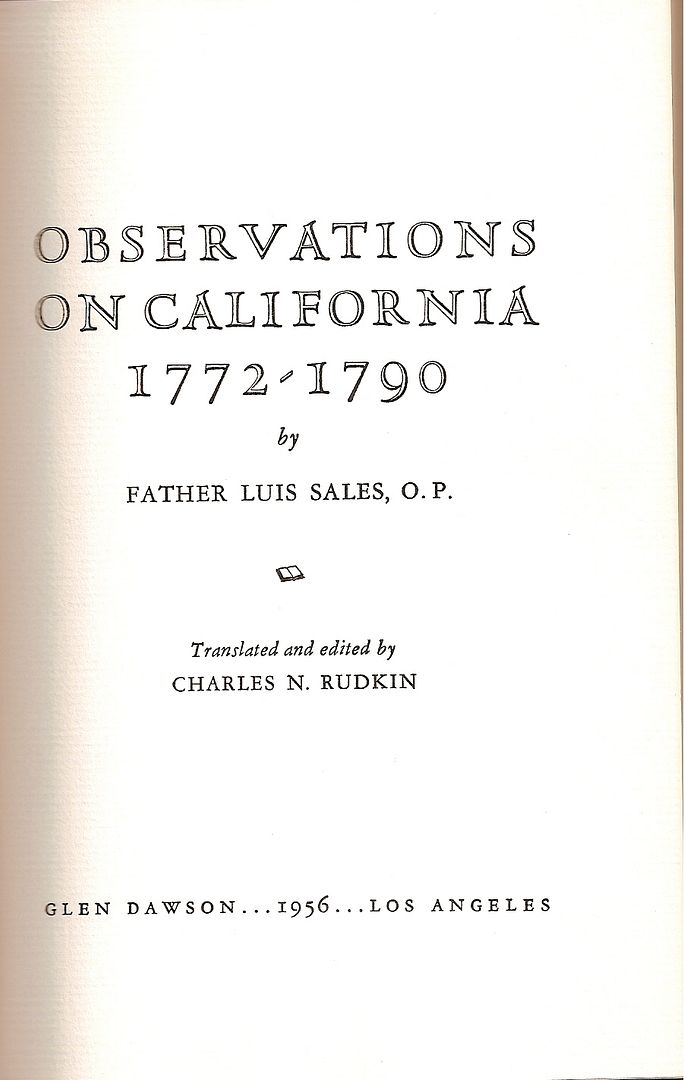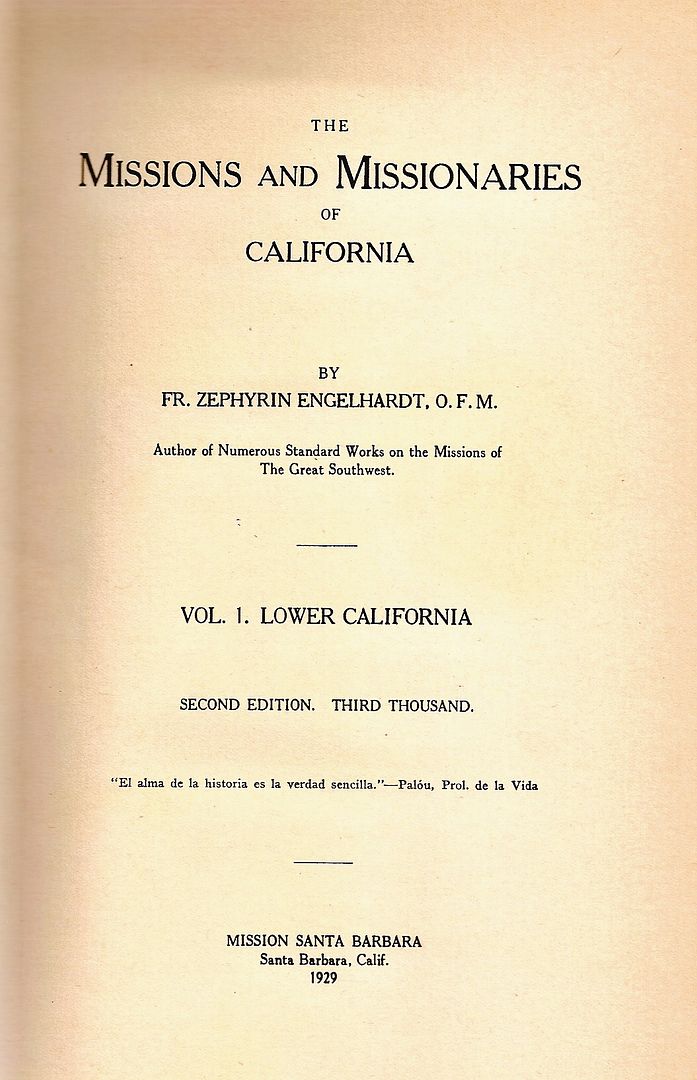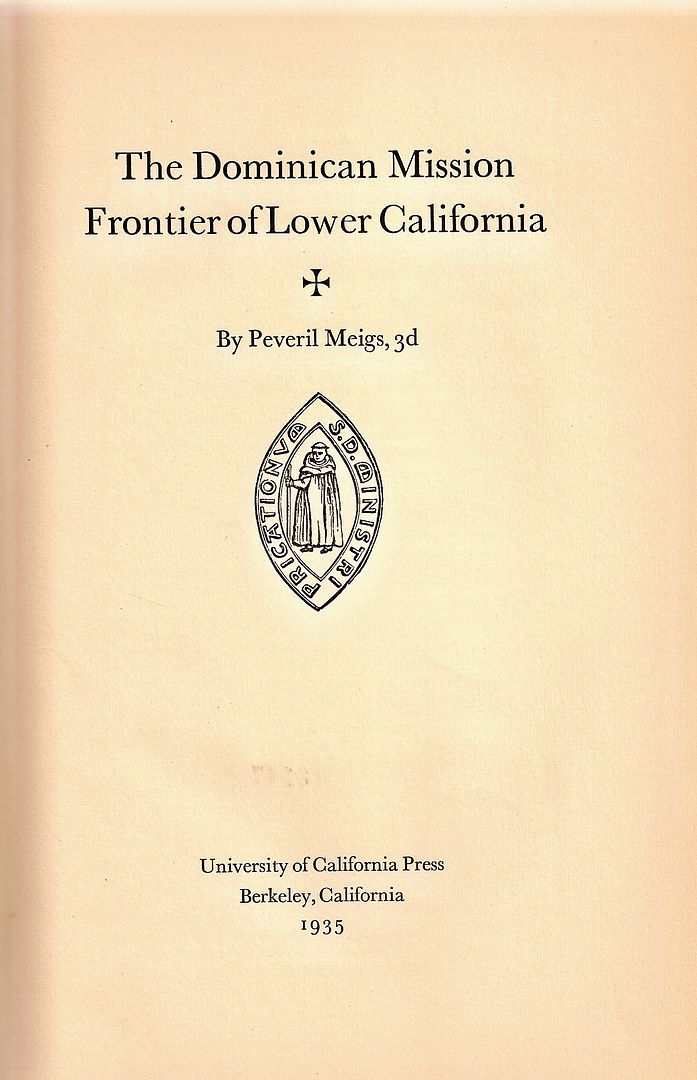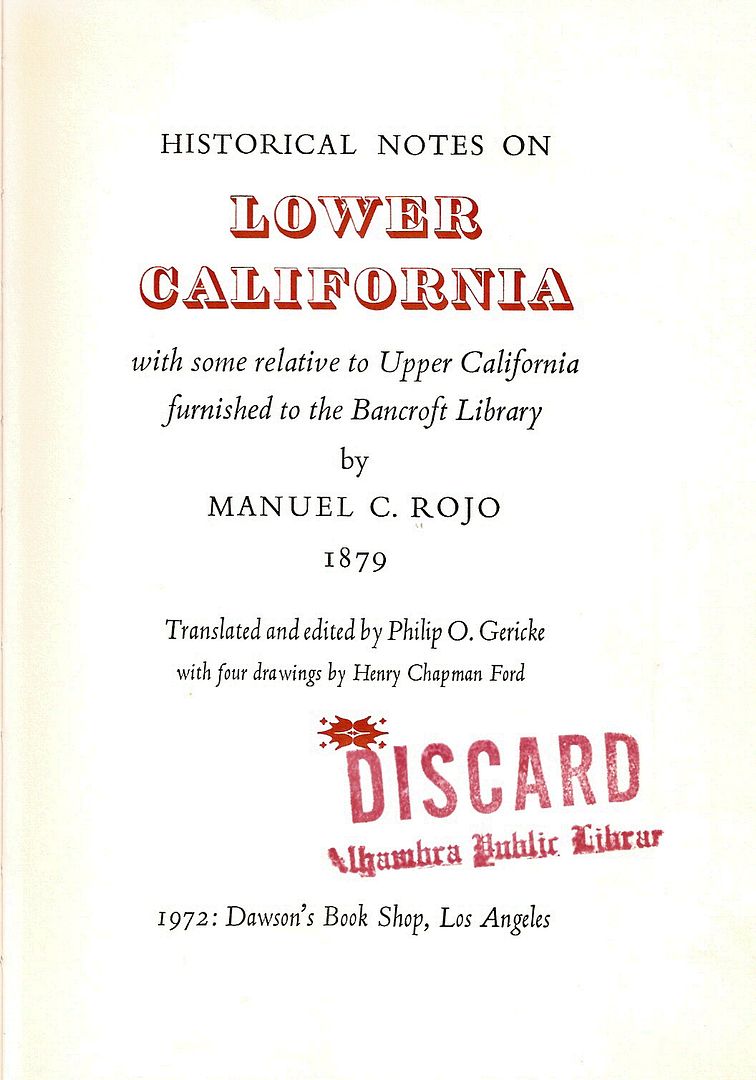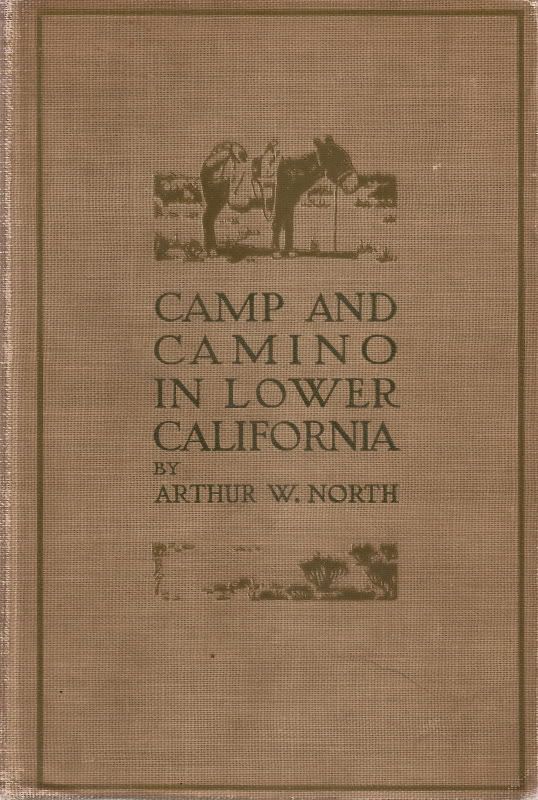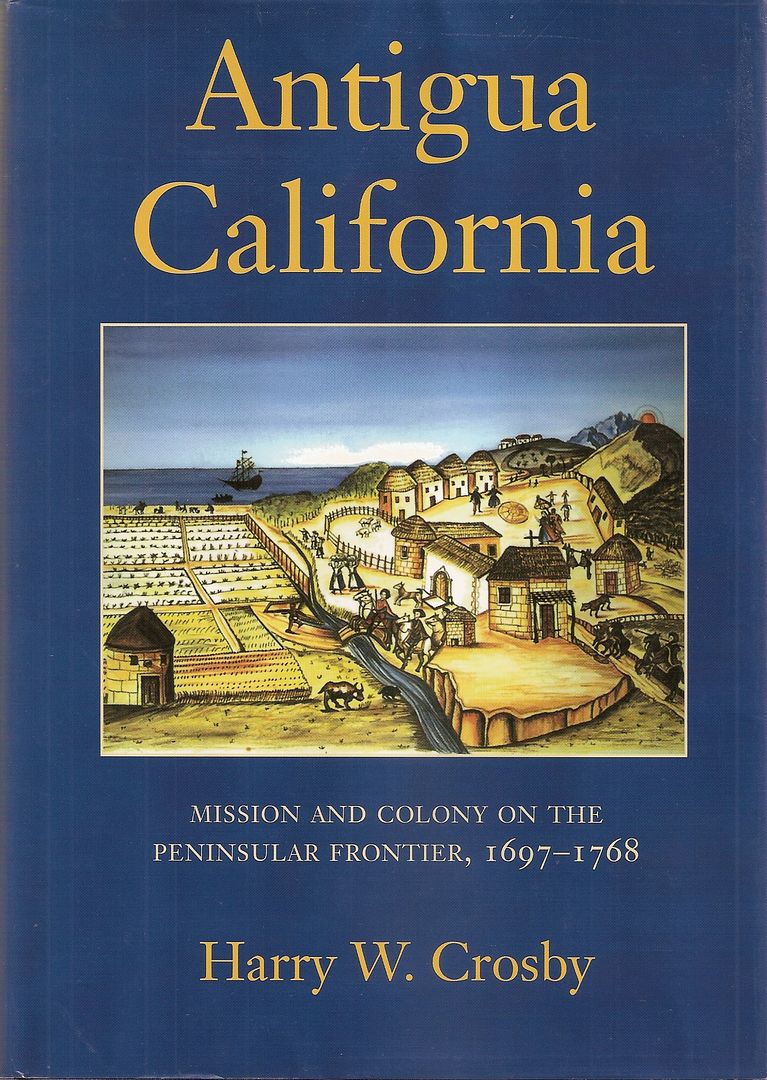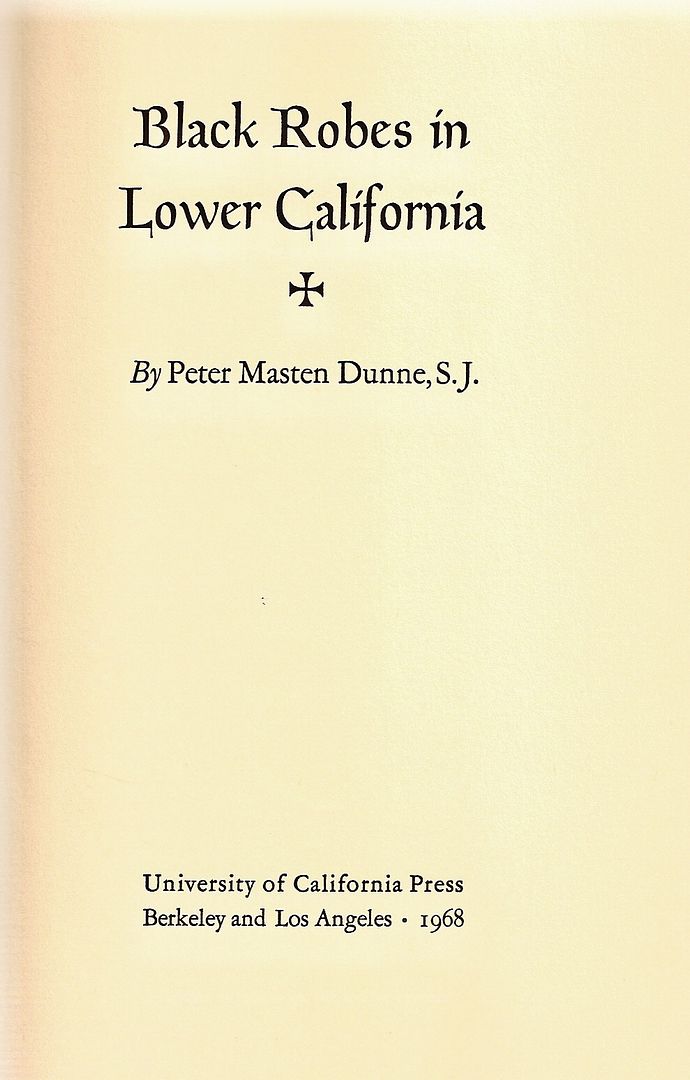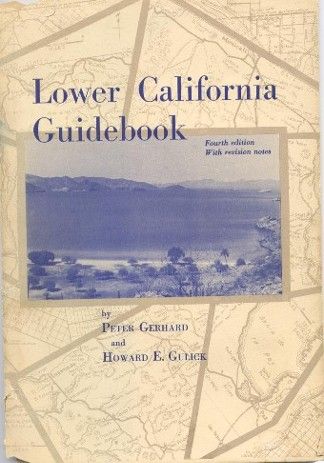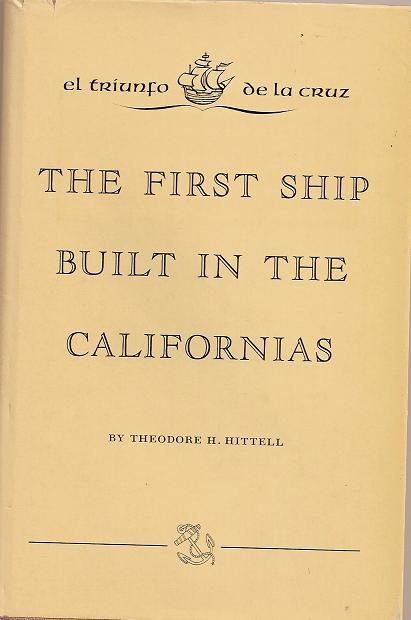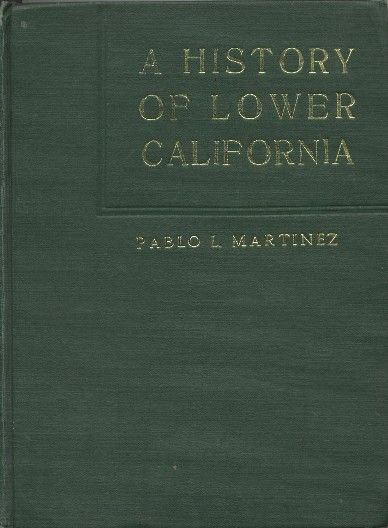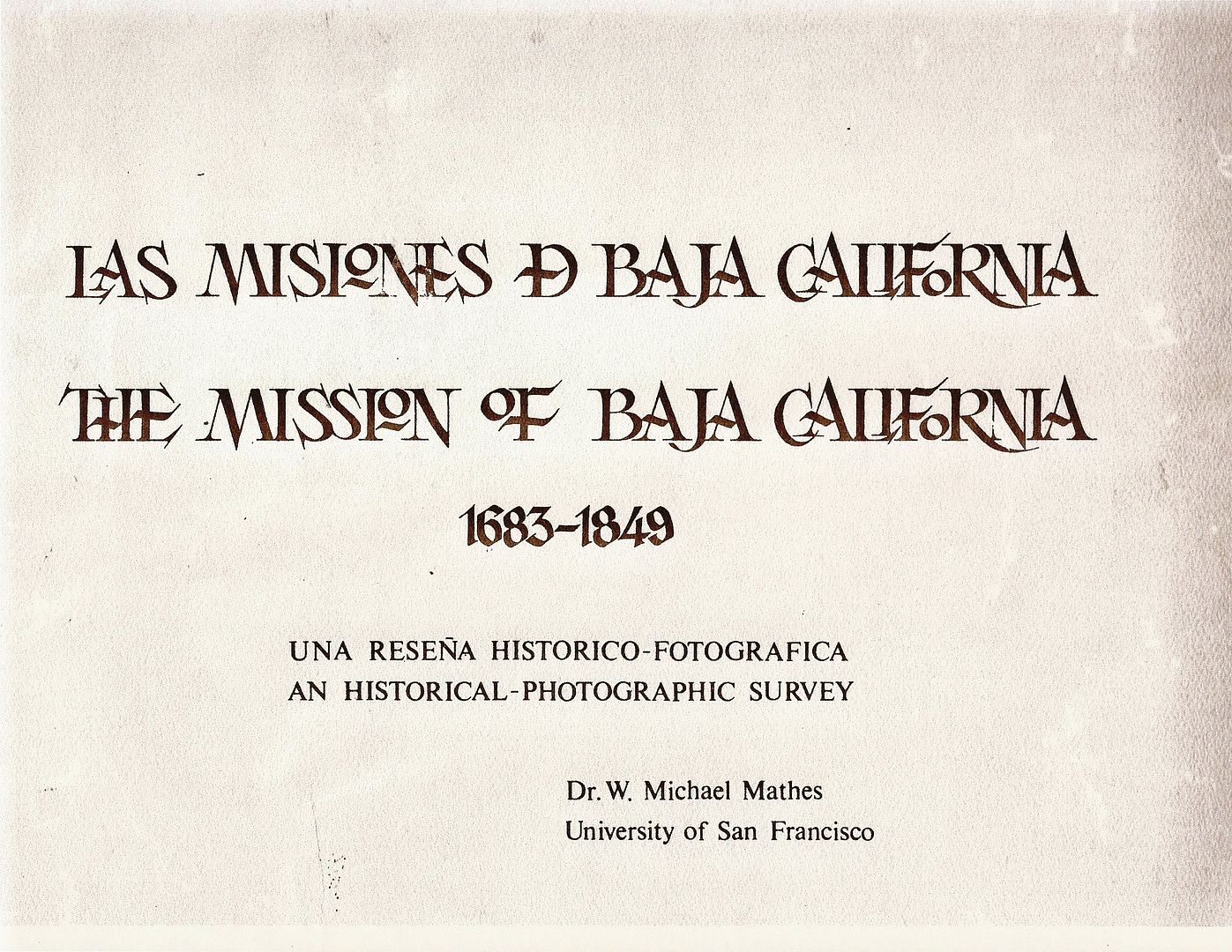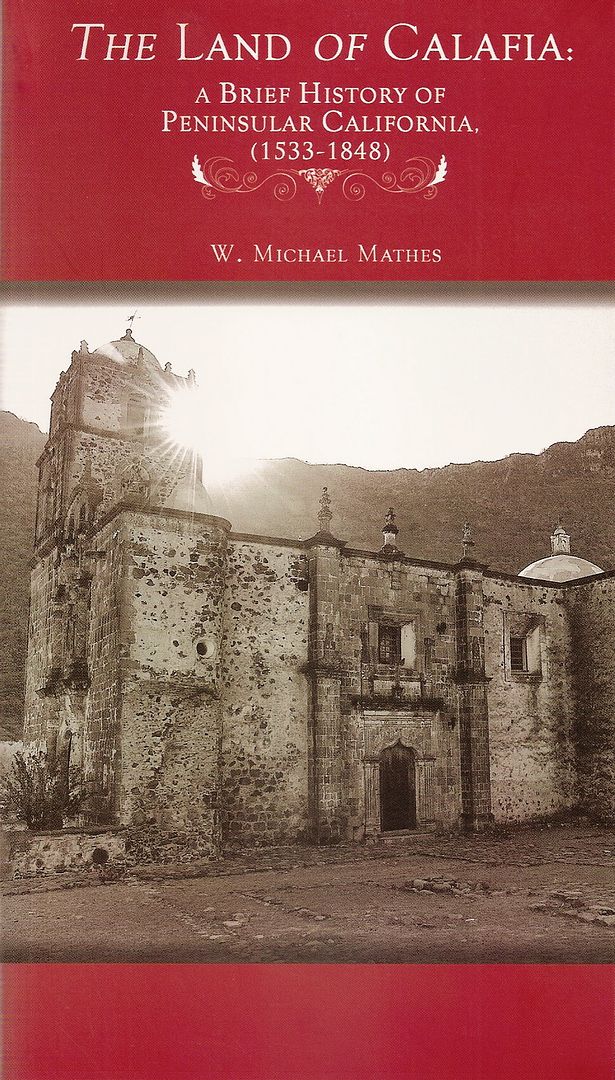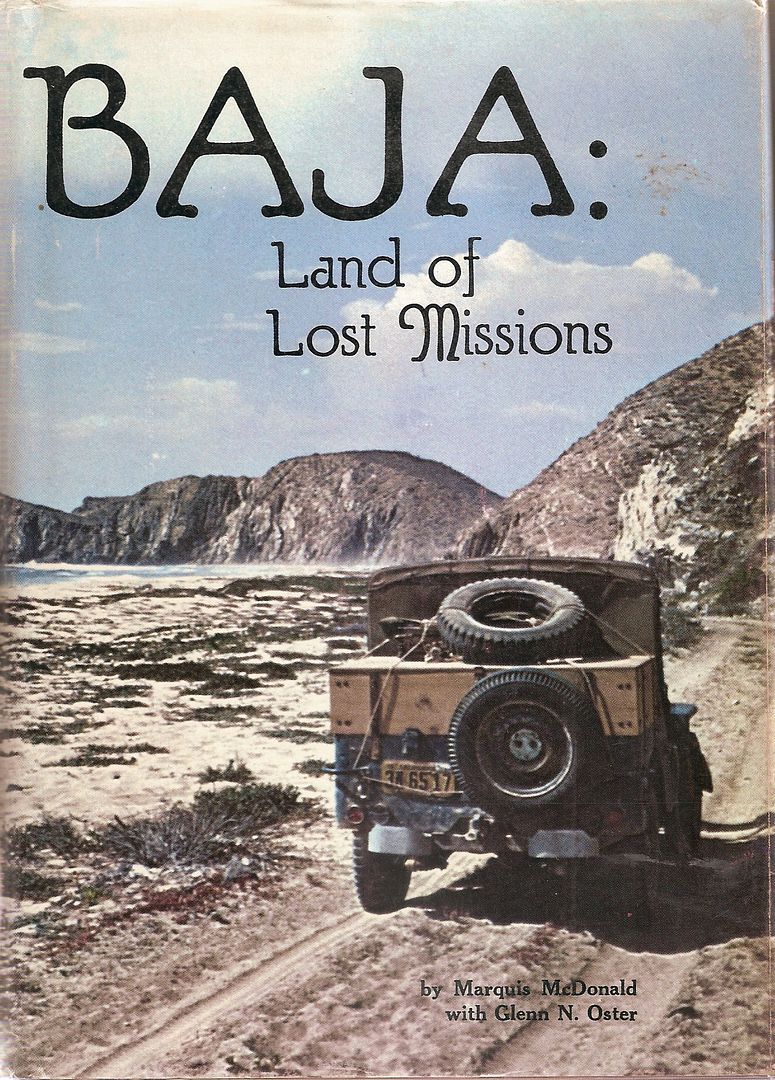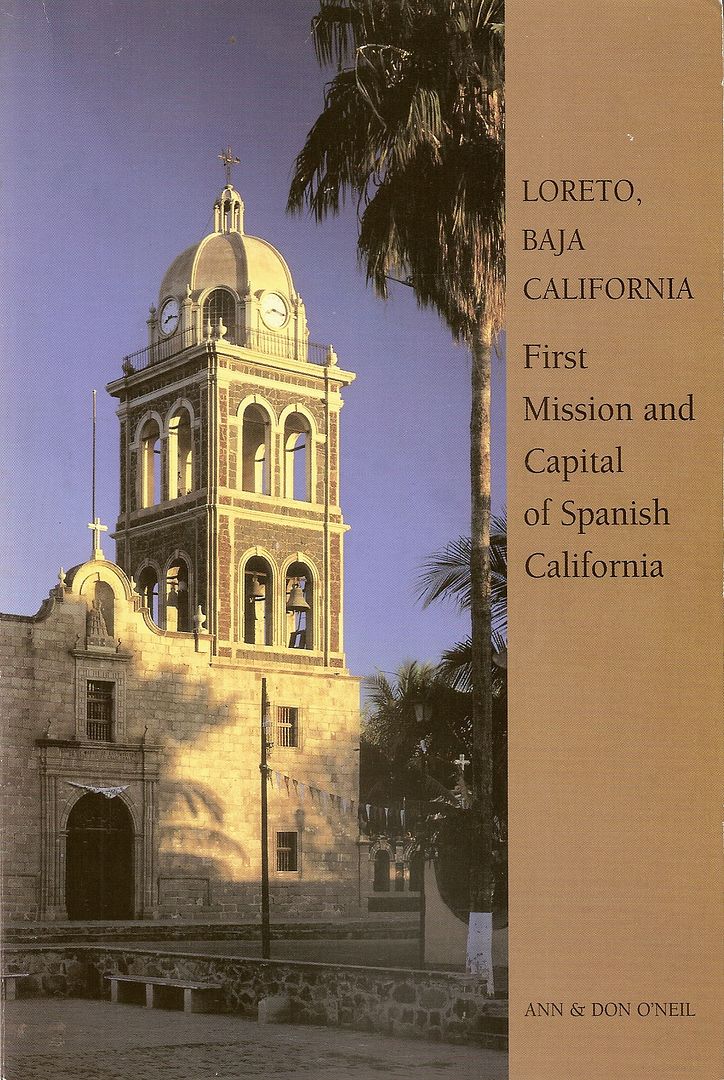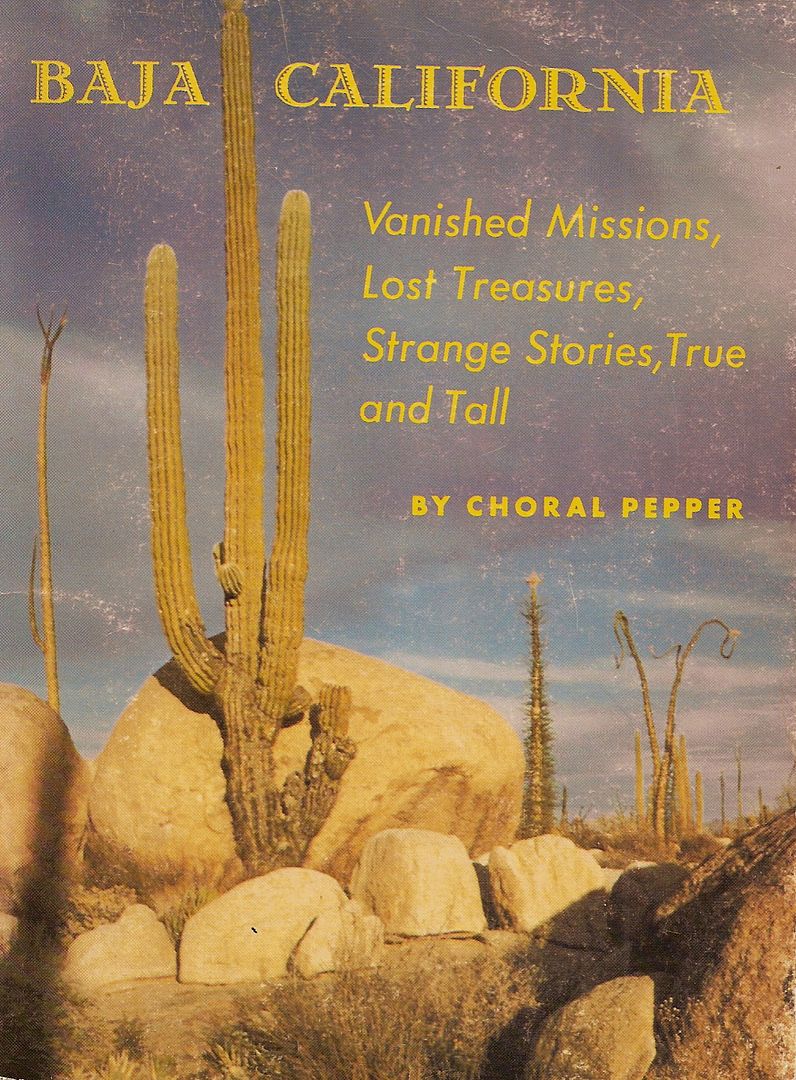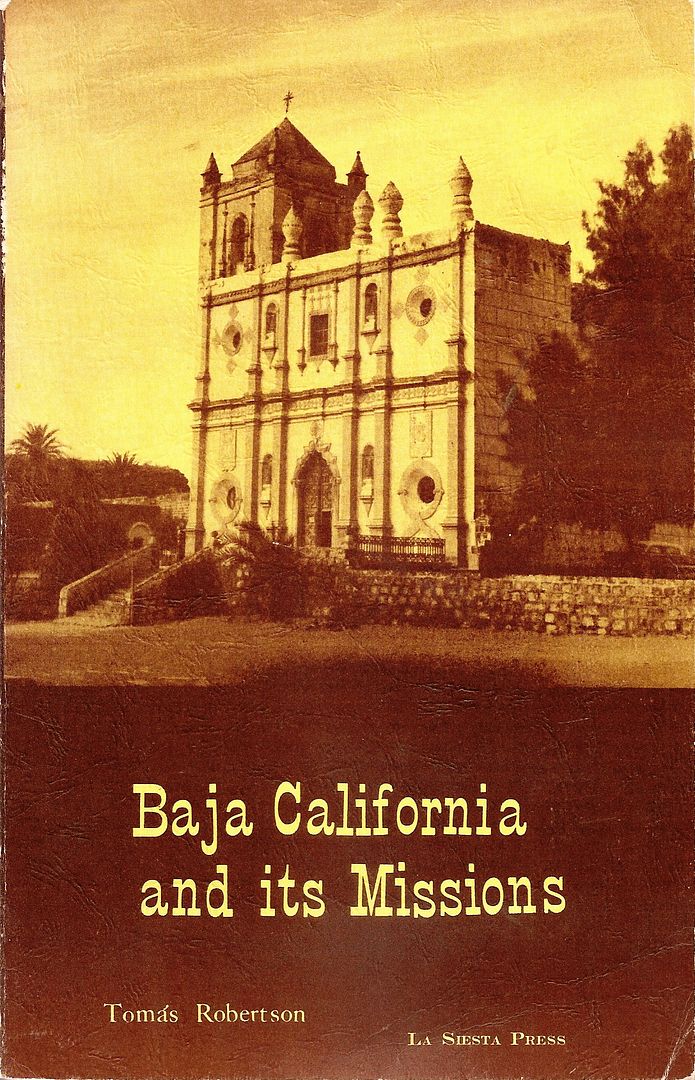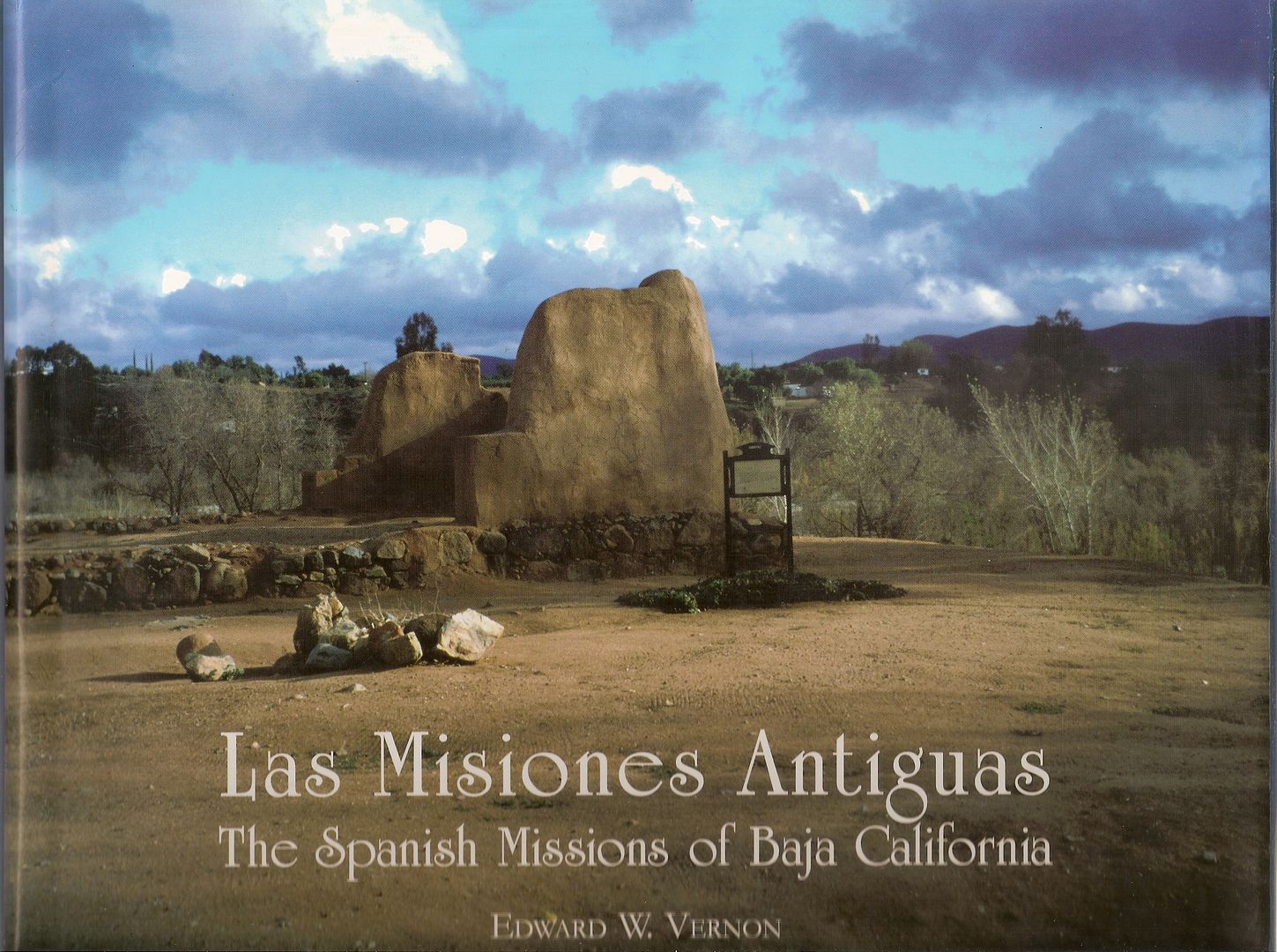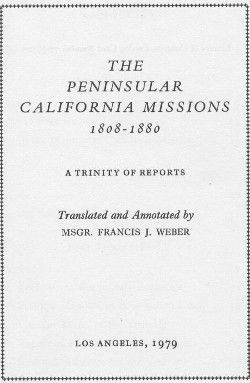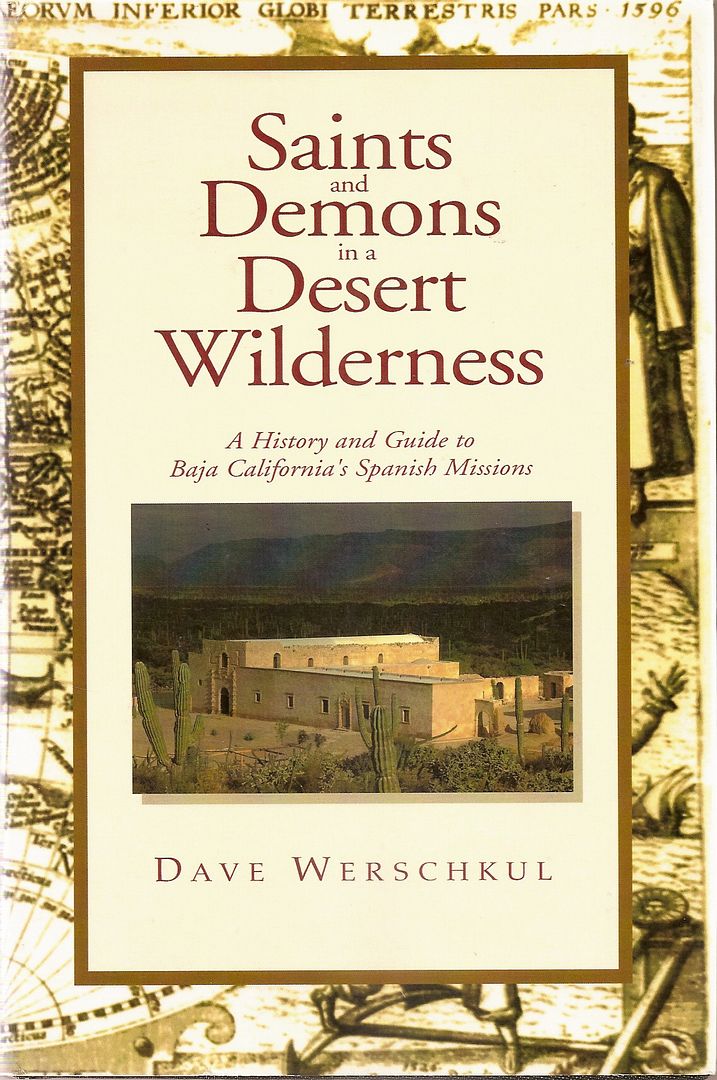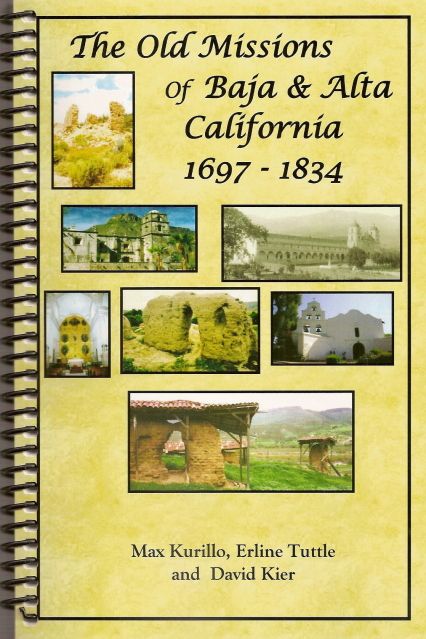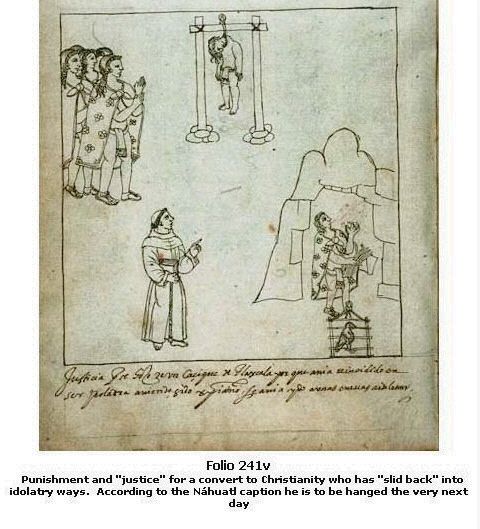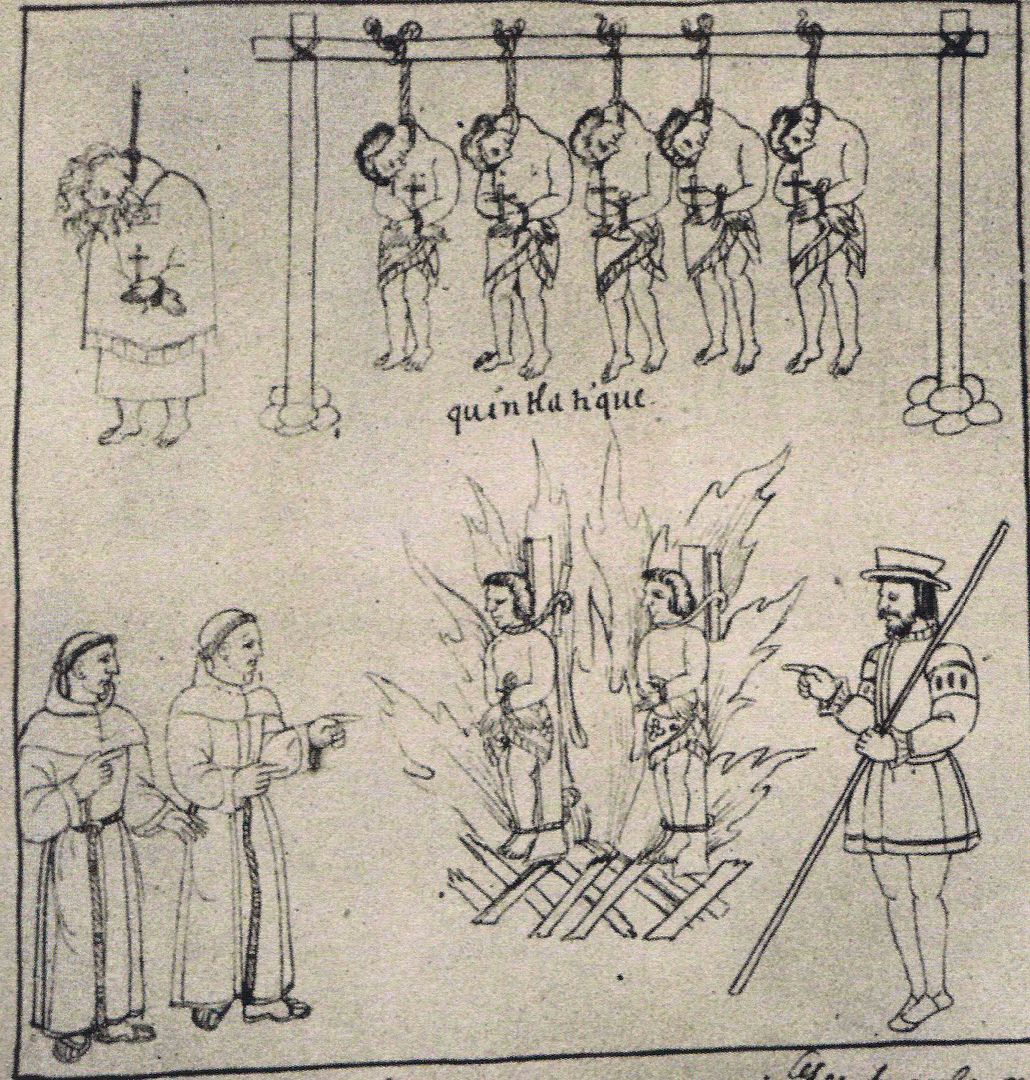Originally posted by DianaT
| Quote: | Originally posted by steekers
| Quote: | Originally posted by DianaT
All of what you have listed are someone else's interpretation of primary and secondary sources. The best historians use primary sources, but even
that will reflect bias. There is certainly nothing wrong with putting together information from these books, as long as one is aware that ALL written
history reflects the author's belief system and time in which the history was written. Even translated primary sources reflect bias as often much is
lost in the translation.
History is about 5% facts and 95% interpretation. Facts usually include things like dates, location, who won a battle, building materials, and other
tangible things. But the heart of what something like the Mission system was, is a matter of interpretation, bias, and not fact. And no matter
how many books one reads, that will not change. It is like reading about the American War of Independence, or the American Revolution, or the
Rebellion of the Colonies.
And if you make money from your efforts, good for you. Most people touring places like the missions are really only interested in that 5% of tangible
facts.
[Edited on 11-9-2013 by DianaT] |
And just how did you get the 5% figure for "most people"? Are you a professor of history?
You naysayers ought to give David a break. I rarely write in on this Nomad board, but when I look for interesting things like missions and David is
the author, there seems to be a predictable group of trollers wasting our time badmouthing others...grow up! |
I do not have my doctorate in history, just my masters. And as you can read, I said "about" and I never had any history professor disagree with that.
Probably the most interesting history class any student can take is one in historiography as it opens the door to what history really is all about.
And just how is this "badmouthing"? I was sincere in wishing him success with his book and there is a place for such a book.
"Grow up'? DK asked "fact or fictions". And I responded. His sources are fact AS SEEN BY the only side that recorded in WRITING what happened as
they saw it; including their definition of civilized. And the facts included are things like dates, etc., That is what many people want. Every
book has a market.
And DK? Where in the hell did you come up with book burning? That is really crazy and is simply name calling. All of the books you listed are
valid and for any researcher are worthy of reading.
Why does it bother you so much for people to debate history? That is what it is all about. You seem to feel the need to defend what the Spanish did,
and see it as a good thing; that is your point of view. Others disagree and you resort to name calling. And it has NOTHING to do with agreeing with
anyone's religion or not --- nothing.
Good luck with the book; I hope you can earn some money.
[Edited on 12-28-2013 by DianaT] |


